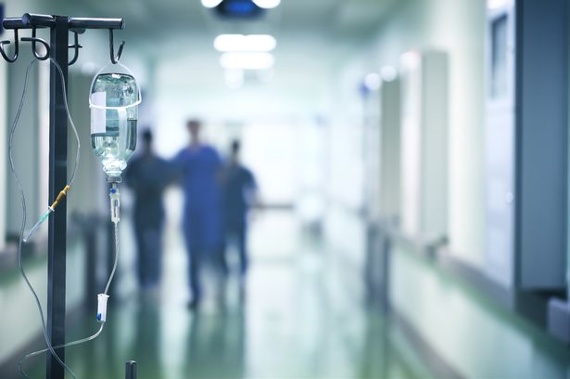
There are 7612 new community cases of Covid-19 in New Zealand today.
The Ministry of Health reported a further 22 Covid-related deaths.
Five of the people whose deaths reported today were aged in their 60s, two were in their 70s, seven were in their 80s and eight were aged over 90. Nine were women and 13 were men.
Five were from the Auckland region, two were from Waikato, one was from Bay of Plenty, three were from MidCentral, one was from Whanganui, four were from Wellington region and six were from Canterbury/West Coast.
Today's deaths include one person who died in March, two deaths from April, two deaths from May and two deaths from June, which are being reported following completion of the cause of death assessment.
There are 797 people in hospital with the virus, including 20 in intensive care.
Today's seven-day rolling average of cases is 9689 - compared to 9281 cases at the same time last week.
There are currently 67,774 active cases of the virus in this country.
Three antiviral treatments to combat Covid-19 are now available for more Kiwis as health officials try to reduce the pressure on swamped hospitals.
Yesterday there were 6223 new cases in the community and a further 22 deaths were reported.
There were 733 people in hospital with the virus, including 16 in intensive care.
Pharmac has widened the access to three Covid-19 treatments as the second wave of Omicron takes hold and wards fill up with sick people.
RNZ reported that the agency's chief medical officer, Dr David Hughes, said the antivirals, Paxlovid, Lagevrio and Veklury, reduced the risk of severe illness, which would help take the pressure off the health system.
The change will apply to 400,000 people at risk of severe illness from Covid-19 including people aged 75 years and over and those who already have been in intensive care because of the virus.
However, GPs are concerned that the uptake of the antiviral treatments could lead to more people with comorbidities needing hospital treatment.
General Practice Owners Association chairman Dr Tim Malloy told RNZ that although the intention was good, there were real risks associated with the treatments.
"Our biggest worry in primary care is of course that that could generate even more work."
Another risk was that some of the antivirals' formula could interact poorly with other common medications, he said.
It was important patients with comorbidities didn't change their current treatments in order to take the antivirals, Malloy said.
There are also concerns about vaccination uptake dwindling.
Hauora Tairāwhiti, previously the Tairawhiti District Health, is pleading for people to get vaccinated or boosted.
"We are starting to see vaccinations wane which is not ideal given that we expect to see a gradual increase in transmission due to changes in people's behaviour, for example older people having greater contact with people who have the virus as the border for Aotearoa opens up more and the increase in social mixing."
"Now, more than ever, is the time to get vaccinated or a booster if you are eligible, to wear a mask when you are out and about, and stay home if you are unwell."
It anticipated that hospitals are going to come under even more pressure over the next few months as RSV and other respiratory illnesses return to pre-pandemic levels.
Over the weekend, the ministry issued yet another reminder that people should wear masks to help stop the spread of Covid, saying it was one of the best measures to reduce the transmission of infectious respiratory illnesses.
"Even if you're fully vaccinated, or have had Covid-19, continuing to wear a face mask is important in keeping you, your whānau, and your community safe."
Masks must be worn on public transport, at transport hubs like airports and bus stations, inside public venues like museums and libraries, when visiting healthcare services, and in retail businesses.
Masking was particularly important around more vulnerable people, especially those in aged care.
Take your Radio, Podcasts and Music with you









